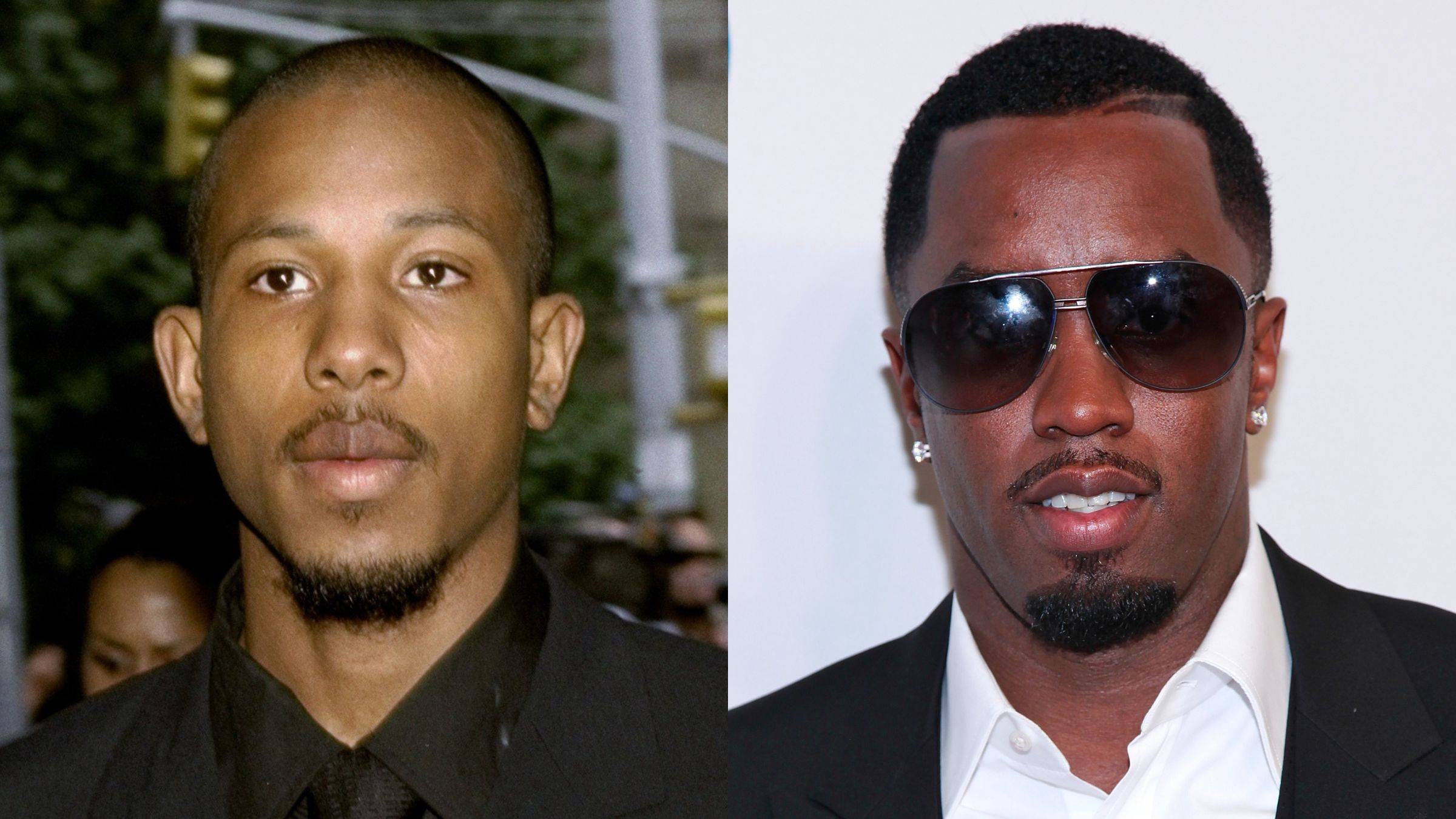2 Distinct Images of Baltimore Officer on Trial in Gray Case

BALTIMORE (AP) — Officer William Porter did nothing to help Freddie Gray as he lay helpless on the floor of a Baltimore police transport van complaining that he couldn't breathe and pleading for a medic, prosecutors said.
But defense attorneys painted a wholly different portrait of the young officer during opening statements Wednesday in one of Baltimore's highest-profile and highest-stakes court cases in the city's recent history.
Porter is an officer from West Baltimore who had just two years on the force when he and five other officers were charged in connection with Gray's death earlier this year.
His attorney told a jury Wednesday that Porter helped Gray to a bench when he asked for assistance and offered to get him a medic. But he said the officer did not call an ambulance because Gray wasn't exhibiting any signs of real injury or distress. Porter thought Gray, well-known to neighborhood patrolmen as always making a scene when being detained, was suffering from "jail-itis"— a police slang term for faking distress in order to be taken to the hospital rather than jail, the attorney said.
Prosecutors and defense attorneys presented two starkly contrasting narratives of Porter's behavior on the day of Gray's arrest in April: The former outlined a series of events that they said equated to criminal negligence, while the latter painted a picture of an officer using his best judgment while performing the challenging job of policing Baltimore's troubled streets. Neither version provided many new details of the events.
Gray was arrested April 12 in the Sandtown-Winchester neighborhood after he ran from a police officer. Prosecutors said he repeatedly told Porter he couldn't breathe and that he needed medical care during several stops on his 45-minute journey from the Gilmor Homes housing complex, where he was first handcuffed and placed in the back of a transport van, to the Western District police station house, where he arrived unresponsive. Gray died a week later.
"He had a duty to keep safe persons in custody," Chief Deputy State's Attorney Michael Schatzow said of Porter. "Evidence will show that this defendant criminally neglected that duty."
Porter was called to the scene shortly after Gray's arrest, and was present at five of the six stops the van made. Gray's neck was broken between the second and fourth stops, which made his breathing increasingly difficult, the prosecutor said. During the van's fourth stop Porter lifted Gray off the floor and placed him on the bench, but didn't fasten the seatbelt, leaving Gray vulnerable to the van's movements. Porter also failed to call for a medic despite Gray's repeated requests for help, Schatzow said.
Schatzow suggested the fatal injury could have happened when the van's brakes engaged, since Gray could not have used his hands or feet to brace himself.
"If it slams on its brakes, he's going to move at the speed it was going before it slams on its brakes Schatzow said. "He's completely at the mercy of whatever happens."
But Gary Proctor, Porter's defense attorney, said the officer didn't think Gray was actually hurt because there were no outward signs of injury and Gray had a history of causing a ruckus during arrests; just a few weeks prior Gray tried to kick out the windows of a police car.
"He doesn't say he's in pain, he's not wincing," Proctor said of Gray during Porter's interaction with him at the van's fourth stop. "Not a word about not being able to breathe."
Proctor also said the injury occurred much later in the van's trip, and a good while after Gray first began requesting medical help.
Proctor told jurors that he planned to call as a witness the suspect who was picked up at the van's fifth stop, who initially told investigators that he heard Gray banging around in the back of the van_proof, Proctor said, that Gray didn't suffer his injury until near the end of the ride.
As for pushing the "talk" button on his shoulder radio to summon a medic, that could mean spending hours with Gray in an emergency room awaiting a doctor's note clearing him to go to jail, Proctor noted.
"The state says pushing a button is the easiest thing in the world. We don't agree," Proctor said. "There were no signs of injury."
Proctor also told jurors that as for failing to buckle Gray into a seatbelt, the police policy doesn't often translate into practice. Proctor said he plans to call a veteran officer to testify that in his lengthy career he had only strapped in a handful of detainees.
"Freddie Gray's death is tragic," Proctor said, "but so is charging someone who did not precipitate it."
The trial was to resume Thursday with witness testimony.
BET National News - Keep up to date with breaking news stories from around the nation, including headlines from the hip hop and entertainment world.
(Photo: Kevin Richardson/The Baltimore Sun via AP)





